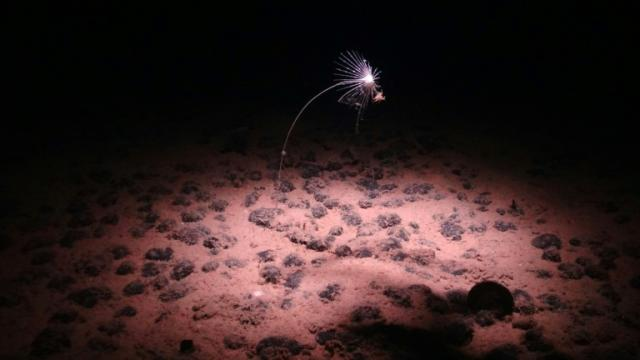
Opponents of deep sea mining faced a major setback as they failed to initiate an international moratorium on the practice. Despite delivering key minerals for renewable energy, deep sea mining poses significant environmental risks. The International Seabed Authority (ISA) debated the issue for the first time, but a draft promoting a policy for marine protection didn’t progress after a week of talks in Kingston, Jamaica. Delegations from China, Saudi Arabia, and other member states argued that the draft lacked clarity and that the ISA’s 168-member assembly wasn’t the right forum for such decisions, suggesting the 36-state Council should decide instead.
Due to opposition, Chile withdrew the draft as the assembly’s session, which operates by consensus, concluded. Chilean representative Salvador Vega Telias expressed disappointment, noting majority support but postponing discussions until July 2025, which was also not approved.
Deep sea mining, crucial for renewable energy technology, hasn’t progressed beyond exploration. The ISA, under the UN Convention on the Law of the Sea (UNCLOS), is drafting commercial exploitation rules aiming for adoption in 2025. Environmentalists warn that mining could harm little-understood habitats and disrupt the ocean’s carbon absorption and marine life.
Countries like Nauru, along with companies like Canada’s The Metals Company (TMC), are advancing mining plans. Nauru President David Adeang emphasized the necessity of deep sea minerals for survival in a changing world. Over 30 countries, including France, Canada, and the UK, have called for a mining moratorium. A recent study revealed that ocean floor nodules produce oxygen, further complicating the debate.
NGOs praised the election of Brazil’s Leticia Carvalho as the new ISA secretary general, replacing the pro-business Michael Lodge, who faced criticism and allegations of fund misuse.
